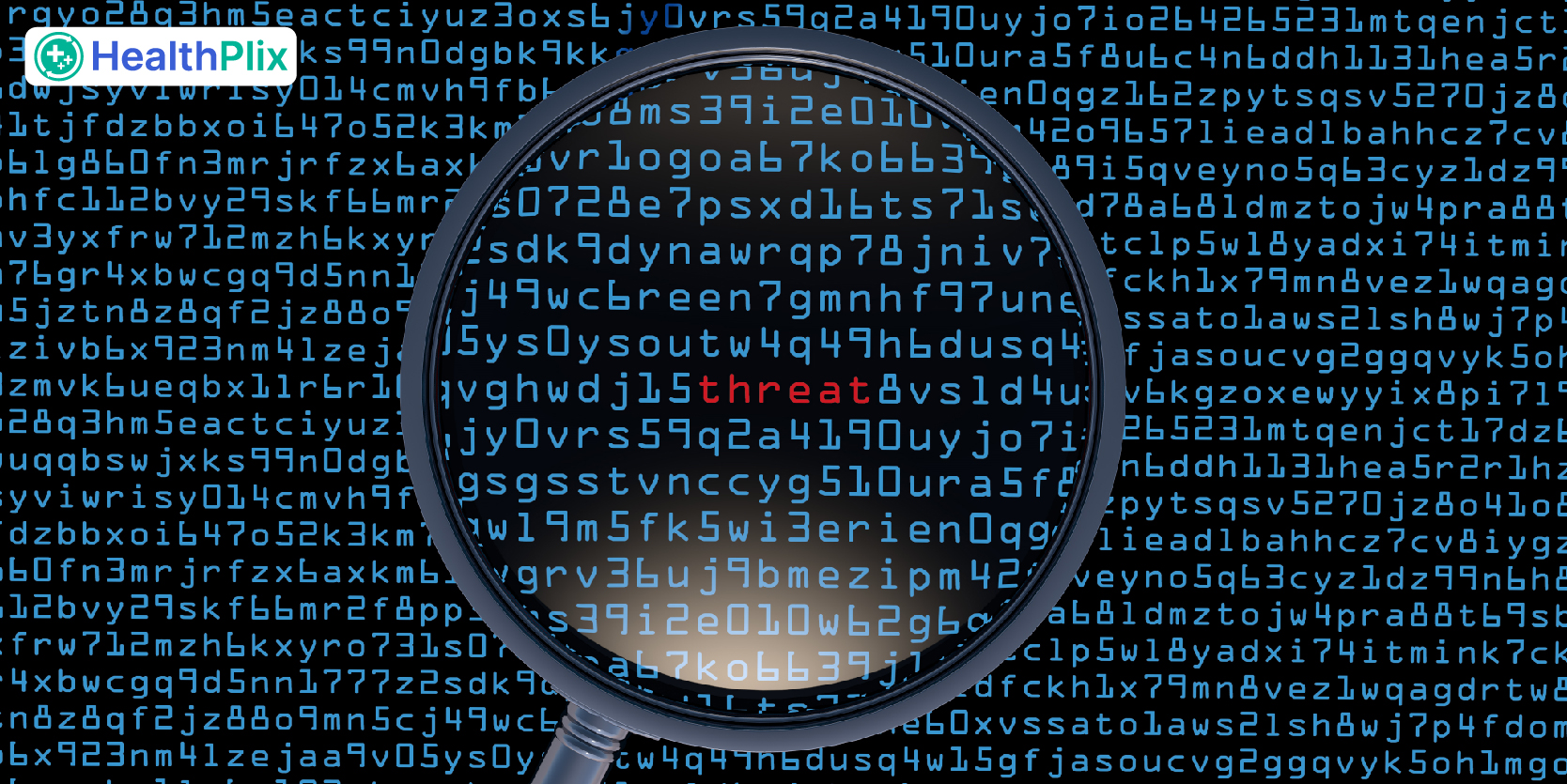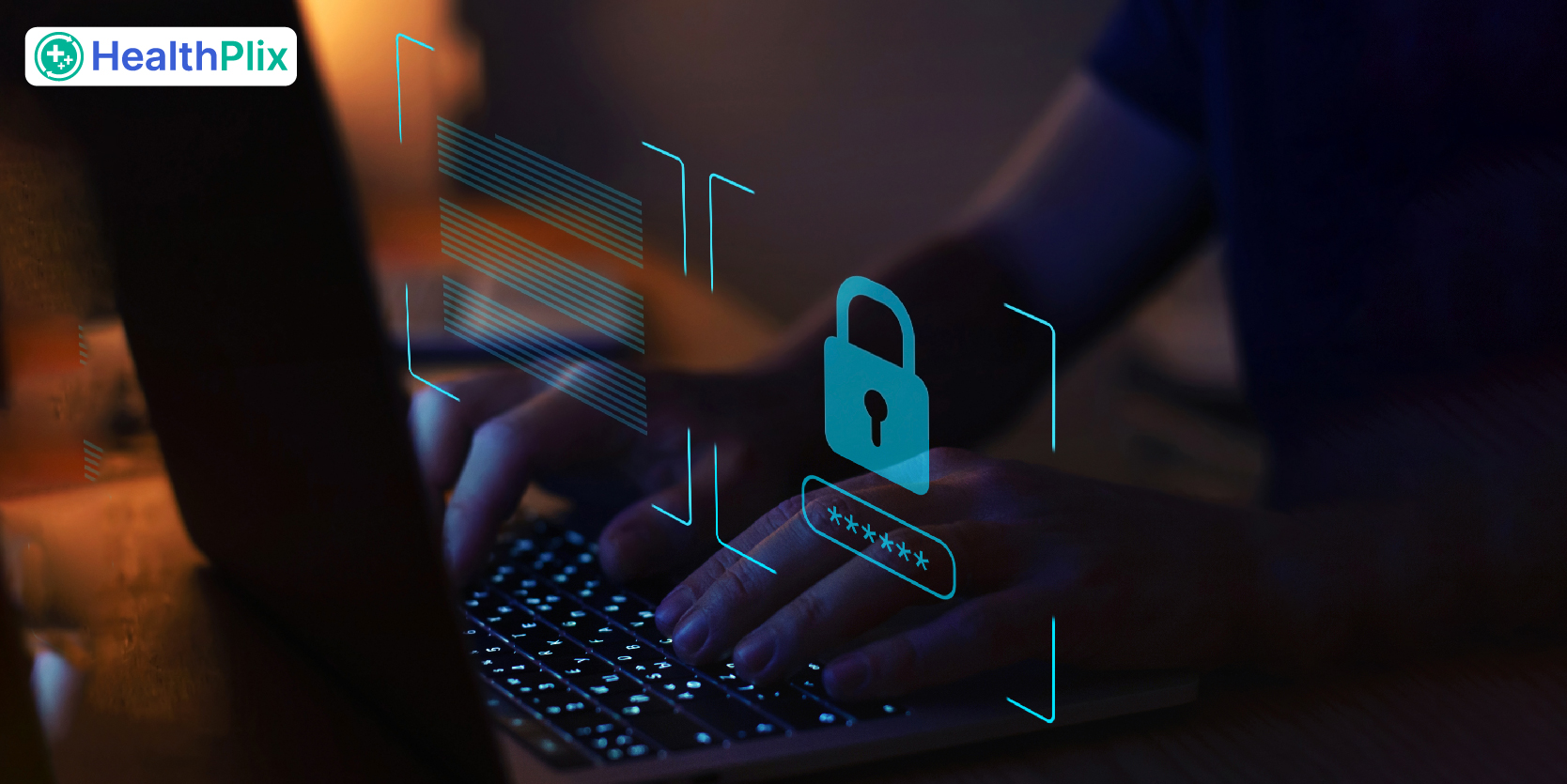Digitization has engulfed almost every aspect of our lives, whether shopping or booking flight tickets. So, it is not astonishing to see digitization has found its way into the healthcare ecosystem.
Electronic Medical Records (EMR), a digital database of patients, has revolutionized patient care. EMR has streamlined data management, promoted smooth collaboration among various medical professionals, and improved patient outcomes.
However, as EMR contain sensitive patient data, it has become a quarry for cybercriminals who seek to exploit the data for malicious purposes.
In such a vulnerable scenario, it is a matter of gravity to ensure patients’ data safety to protect patients, medical professionals, and the entire healthcare industry. This blog will look at some measures that ensure EMR are protected against all cyber threats.
Data Encryption
Data encryption is a fundamental approach to protect data from unauthorized access. You should encrypt EMR with the strongest algorithms to ensure that even if the cyber attackers get the data, it remains unreadable and unusable to them without decryption keys.
Authorization Mechanisms
EMR software should implement access controls and authorization mechanisms to ensure the ultimate level of patients’ data security.
Multi-factor authentication, password protection, and role-based access mechanisms are great ways to bolster security. They restrict access and allow only authorized individuals to view or modify patient data.
Security Audits
Security audits and vulnerability assessments at regular intervals are crucial to identifying any shortcomings of the EMR software to prevent potential data breaches.
These periodic audits allow for the proactive addressing of vulnerabilities in EMR systems and advanced updating of EMR software to defend against future cyber-attacks.
Employee Training
Training employees on cybersecurity best practices is another way to reduce the risks of EMR data breaches, as human errors often lead to data leaks.
By providing employees with information about common cyber attacks like phishing, you will create awareness of the importance of data security and nurture a conscious atmosphere within your organization.
Firewalls
Firewalls are the first line of defense while safeguarding online databases. Hence, Electronic Medical Records must be deployed with robust firewalls and intrusion detection or prevention mechanisms (IDS/ IPS) to track network traffic, detect suspicious activities and block them.
Another helpful measure is segmenting network security so that even if a part of the system is breached, it cannot pull down the whole system.
Periodic Data Backups
Data backups at regular intervals are an indispensable security measure. In the event of an unfortunate cyber-attack, system failure, or data loss, these updated backups are vital to restore patient data and minimize downtime caused by security breaches.
It is also wise to store backups at off-site locations to ensure data protection even in case of physical disasters.
Response And Recovery Plans
Prevention is better than cure, but a plan to cure is as critical as prevention for doctors. So, it is of utmost importance to have a response plan so that healthcare providers can swiftly take effective actions after a cyber-attack.
Response plans must indicate the roles and responsibilities of authorized personnel and containment and recovery procedures. Disaster recovery plans are also essential to decrease downtime and ensure swift recovery of EMR system functionality after data breaches or cyber threats.
Adherence To Data Protection Regulations
There are laws and regulations to ensure that healthcare organizations take the necessary steps to ensure patient data safety and security. Hence, your EMR system must comply with the relevant data regulations.
These include the Health Insurance Portability and Accountability Act (HIPAA) in the US, the General Data Protection Regulation (GDPR) in the EU, or any other relevant regional regulations. Adherence to such laws ensures that your EMR software operates in a way that prioritizes and strives to protect patient data.


